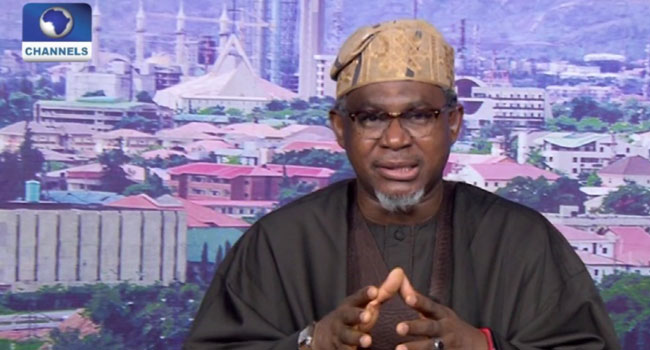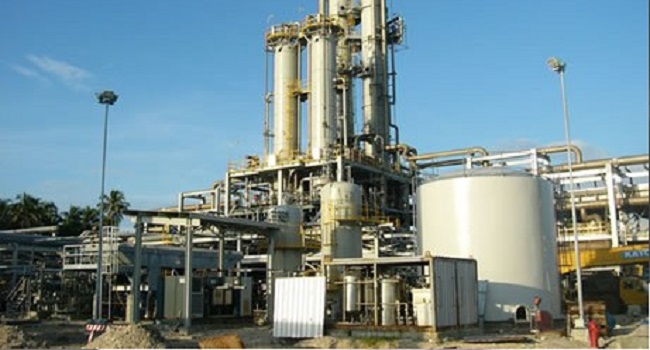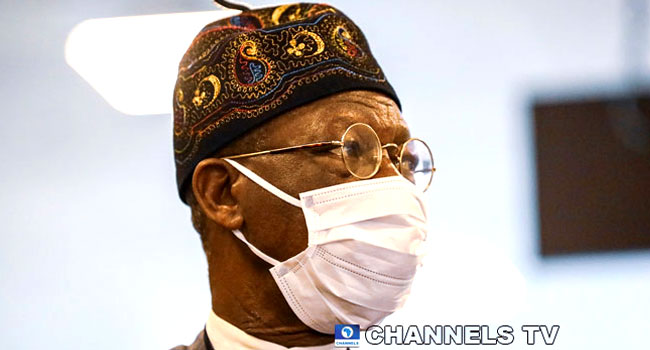The Minister of Mines and Steel Development, Mr Olamilekan Adegbite on Thursday admitted that the Federal Government will not be able to deliver on its promise to revive the Ajaokuta steel rolling mill before the end of the current administration in 2023.
He made the admission while fielding question from State House correspondents during the 34th session of the State House briefing held at the State House in Abuja.
According to Adegbite, the COVID-19 pandemic and the Russia-Ukraine war were major unplanned events that scuttled the project’s revitalisation.
READ ALSO: FG Urges Nigerians To Complete NIN-SIM Linkage ‘Without Delay’
“Where we are today, we may not be able to get Ajaokuta to work but I pray that we can start something permanent,” he said.
“I’ve said it before. When we came back from Russia, yes, I went to the public and said, ‘look we will deliver Ajaokuta before the end of this tenure’. And I pray that I’ll have a chance to go back and apologise and explain what happened to the people before I leave office.
“It is due to no fault of ours. Everybody was ready to go, but unfortunately, COVID came in. So, it is a force majeure.”
In 2020, the Minister had said the Ajaokuta Steel Mill was 90 percent complete and may be functional by early 2023.
The development of the steel mill was started in the 1970s but has evaded completion several decades after.
The current revitalisation plan for the steel mill was kick-started in October 2019, when a Nigerian delegation, led by President Muhammadu Buhari, attended the Russia-Africa summit in Sochi, Russia.
In Sochi, President Buhari invited the Russians to help complete the steel mill on a Build-Operate-Transfer model, Adegbite said.
The Russians agreed and were set to arrive in Nigeria in March 2020, with the project to last for about two years.
However, the coronavirus pandemic threw a spanner into the wheels as the countries closed their borders to halt the virus and the Russians were unable to fly into Nigeria for an on-site audit.



